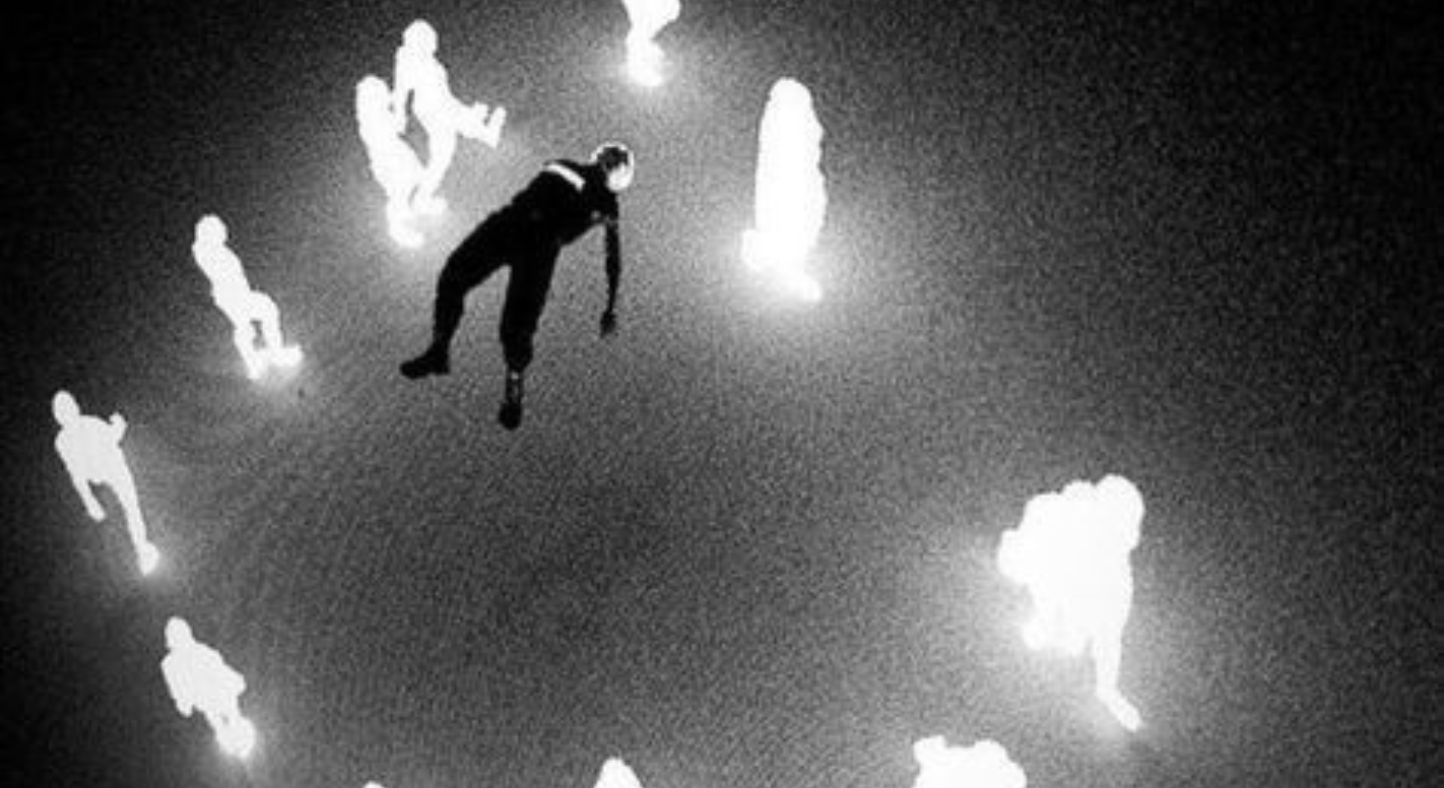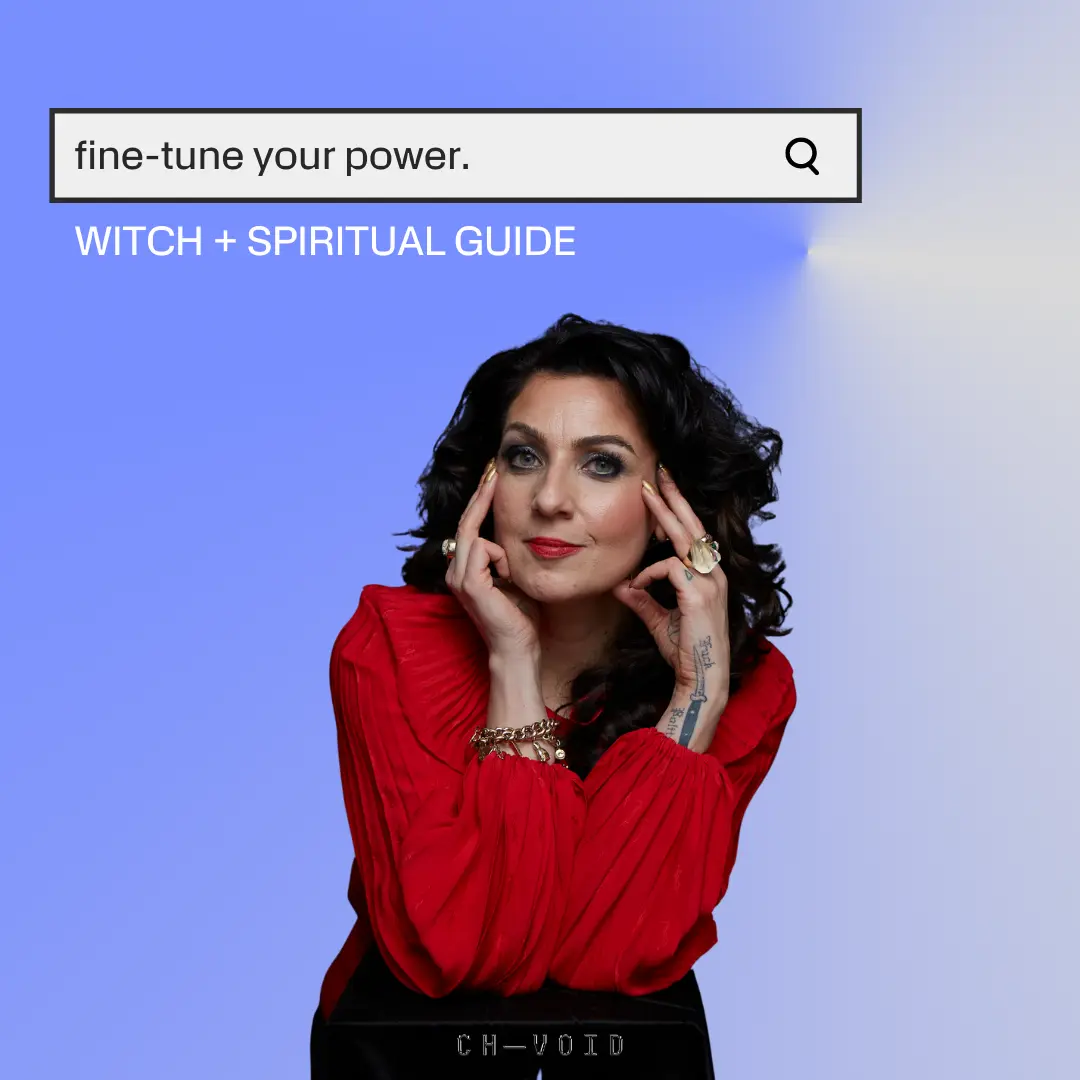Ancestral answers
Our evolutionary #fitspo.
Before I get to the Russian anarchist Kropotkin, one of the most common questions put to non-believers is, “Where else could you get your morality other than religion?”
Putting aside the fact that immoral beliefs are scattered among pearls of wisdom in scriptures, we have a wellspring of guidance in science and nature. Sometimes I doubt it, and perhaps you do too. I grew up in a colonial country – I subconsciously dismissed the appreciation of nature as ‘uncivilised’, ‘dirty hippy shit’, all while repressing natural thoughts of sex and sin, of course.
But nature is all we have. Nature is who we are, where we come from. Science is the practice of studying nature, our environment – continually unearthing god’s secrets, so to speak. We survived because we could learn and adapt to our environment so effectively, continually fucking and reproducing with decent success.
Evolution shows us what to value in our lives, like relationships, sharing resources, healthy competition, family, bonding, sexuality, challenges, food sources, and of course nature and the cosmos itself. We are a midpoint, not an end-point, of our species. Isn’t that fascinating? When you grow up thinking this is it – this is how god made it, just to his liking, including the shittiest parts, and things don’t change, especially his rules – it’s a fundamental shift of perception. Imagine our descendants over thousands of years, until they aren’t even the same species as us.
Appreciating the scale of the lineage we have inherited, after millions of years of struggle, may also lead to appreciation for those descendants, with massive implications right now. It may even provide meaning in the face of the dire fact that everyone will die and the sun will explode. As Carl Sagan writes;
“Extinction is the rule. Survival is the exception.”
‘Survival of the fittest’, coined by Herbert Spencer during Darwin’s time, is another way of referring to natural selection, removing the potential reference to an intentional ‘selector’ but adding further ambiguity with the term ‘fitness.’
We have to continually fit with our environment, like a key or jigsaw piece – meaningless by itself, but inherently interdependent with something bigger to be effective, to have purpose. This is why Darwinian fitness is distinct from physical fitness or strength. It’s about being suited to a given local environment, to pass on your lineage.
None of us exist in isolation. No one gets anywhere without the work of a million others around us and before us. Without others, we would not survive. And yet we compete as if we have to be the strongest, most alpha specimen, celebrated on a social pedestal. What is the point, other than selfish indulgence, if those around you are systematically denied opportunity and wellbeing? Those with whom you are interdependent? Now look, I love a good bit of selfish indulgence, but not when there’s such a significant human cost.
Taking morality from evolution, we would truly view our neighbours, our brothers and sisters, as ourselves, made of the same stuff, the same biological building blocks, filled with the same hope, suffering and fleeting joys. You can trace our evolution back to a single point (a few billion years back), with countless of us sharing our lineage. Even further down to the molecular level, where matter is just energy, you could compare it with Eastern traditions that discuss Samadhi, Atman, oneness, or our essential nature (more on all that another time though).
Perceiving others as yourself, how could you ever do or wish them genuine harm for your gain? Their loss is your loss, their gain is your gain. In a smaller prehistoric population with limited supplies, a displacement of resources would equal some portion of the population receiving something that others didn’t. The human response has been negatively reinforced over countless generations. With the global resources we have now, we could instead aim for societies of mutual benefit, not zero-sum competition. Competition can of course be beneficial; it’s a key driver of our advancement, but also of cruelty and exploitation. To advance our wellbeing, we must aim for mutual benefit. We need compassionate competition.
The environments we evolved to survive in are no longer the environments we face today. Racism is one of many inevitable consequences, but by understanding our evolutionary origins, we can identify the natural reasons behind tribalism and ‘us vs them’ thinking, and therefore better avoid it today. Preaching ‘Love Thy Neighbour’ over centuries hasn’t yielded great results, especially when you don’t view everyone as your neighbour. Tribalism was useful in past environments, in identifying who we can trust, who we belong with. But we no longer live in such communities – we are global. We need to think globally, or as one species.
This leads to another moral implication – the value of diversity. The portfolio effect is a term used in investment strategy – a diverse portfolio will better withstand adverse market conditions on average over time, and can better capitalise on market gains. The same is true for biodiversity, creatures like us facing different conditions across multiple geographical locations over time. We can’t put all our eggs in one homogenous basket. We need different eggs across different baskets. Evolution teaches us that we are only strong as a group, so we must uplift everyone in our population, without the judgement and stigma so heavily mandated by ruling religions. Someone neurodivergent, or with new ideas, or a unique genetic makeup, may be the key – or jigsaw piece – to a meaningful problem.
We are still in the wild, no matter how civilised we think we are. We are all still subject to diseases and viruses, earthquakes and bushfires, cancer and starvation. This is a humbling truth, opposed to the dangerous colonial religious belief that we are separate from animals and nature, above it all in some divine hierarchy; such a fundamental misunderstanding of our environment, of ourselves. It is a paradox, thinking this brings us closer to ‘god’, while it actually tears us further away.
You might wonder, this is all great, but it doesn’t answer why we’re here, who put us here, where do we find meaning, and what are the implications for my sex life? Again, gonna have to delve into all that another time. For now, we’ll part with the words of Peter Kropotkin, exiled Russian naturalist and revolutionary who published Mutual Aid: A Factor of Evolution in 1902. Get it up ya.
“In the practice of mutual aid, which we can retrace to the earliest beginnings of evolution, we thus find the positive and undoubted origin of our ethical conceptions; and we can affirm that in the ethical progress of man, mutual support, not mutual struggle, has had the leading part. In its wide extension, even at the present time, we also see the best guarantee of a still loftier evolution of our race.”





















